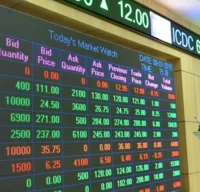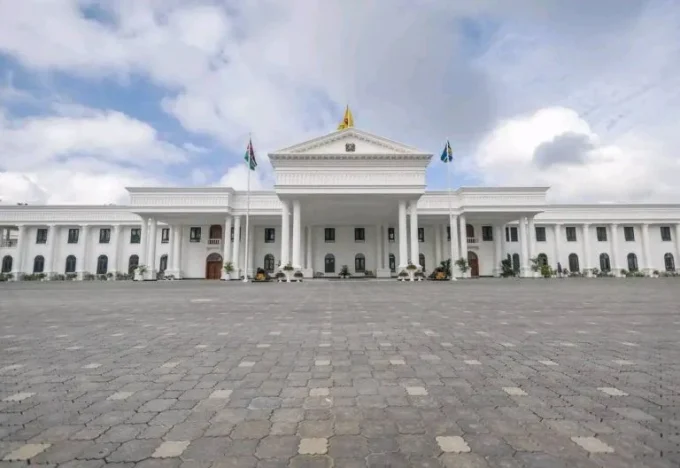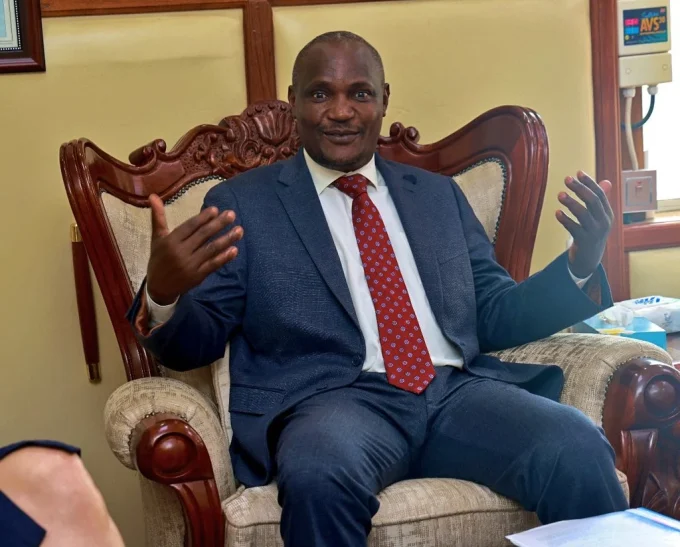Deloitte today released its analysis of the Finance Bill 2021, taking a deep dive into the proposed measures, the persons to be affected and, more importantly, its take on each of the measures.
In compliance with the Public Finance Management Act, the Cabinet Secretary (CS) for the National Treasury and Planning presented the 2021/22 Medium Term Budget alongside the Finance Bill 2021 on Thursday, 29th April 2021, for Parliament’s consideration. According to the CS, the Ksh3.632 trillion Budget seeks to strike a balance between responding to the challenges occasioned by the COVID-19 pandemic and stimulating economic recovery.
The Bill seeks to amend the Income Tax Act, the Value Added Tax (VAT) Act, the Excise Duty Act, the Tax Procedures Act, and the Miscellaneous Fees and Levies Act. The Bill also seeks to amend other Acts such as the Capital Markets Act, Kenya Revenue Authority Act, the Central Depositories Act, the Retirement Benefits Act, and the Insurance Act. The amendments are aimed at facilitating realisation of the Budget proposals.
Deloitte East Africa Tax and Legal Leader Fred Omondi noted that, “unlike the Finance Bill 2020, which introduced some notable new taxes (Digital Service Tax and Minimum tax) that had significant impact on a number of taxpayers, save for indirect taxes, this Bill does not introduce any significant new form of tax.”
However, the Bill seeks to increase the tax collected from multinationals by domesticating some of the reforms brought about by the global initiative to address Base Erosion and Profit Shifting.
The proposals seek to broaden the key provisions governing taxation of multinationals that may not have physical presence in Kenya (Permanent Establishments), tighten the rules governing debt financing or capital structure of entities controlled by multinationals, although the latter will also affect other taxpayers as well as anchor the taxation of the digital economy.
The Bill also introduces measures to implement the Common Reporting Standards (CRS) aimed at enhancing revenue collection.”
See >> Why Bread Suddenly Got More Expensive
The Bill comes at a time when the country needs broader and stronger measures to help businesses stay afloat, support households, and preserve employment amid the raging COVID-19 pandemic.
Striking a balance between stimulating the economic growth and responding to the challenges is not expected to be easy. The Government is expected to face immense pressure in mobilising enough revenue to fund the projected budget of Ksh3.632 trillion.
Commenting on the pressure to increase tax revenue, Deloitte East Africa Tax and Legal Partner Lilian Kubebea said: “With the ballooning budget coupled with a slowdown in economic activities, revenue pressure is likely to increase as the Government attempts to finance the budget while keeping the debt burden in check. It is not a surprise, therefore, that the Government is proposing to introduce VAT and Excise duty on some essential commodities such as bread and fees in respect of loans provided by financial institutions in Kenya respectively.”
Read >> How and When to File Your Annual Tax Returns
While the move is arguably understandable from the perspective of minimising exemptions and growing the tax base, the timing of introduction of any new taxes at this point is certainly questionable. “One hopes that there will be more focus on measures to improve the business environment to spur greater economic growth in order to reap the fruits in form of increased tax collection,” says Ms Kubebea.
Pursuant to the provisions of Article 118 (1) (b) of the Constitution and National Assembly Standing Order 127 (3), the National Assembly is expected to invite members of the public to submit their comments for consideration prior to passing of the Bill into law. It is hoped that the final product will accommodate compelling views.
Read Deloitte’s analysis of the Finance Bill 2021 here.
Next >> Radio And TV Stations Minting Millions From Gaming Frenzy


![Media Media houses in Kenya, like many of their counterparts around the world, make money from SMS-based interactive events. [Photo/ Freelancing Hacks]houses in Kenya, like many of their counterparts around the world, make money from SMS-based interactive events.](https://businesstoday.co.ke/wp-content/uploads/2021/05/how-much-do-illustrators-make-150x150.jpg)










Leave a comment